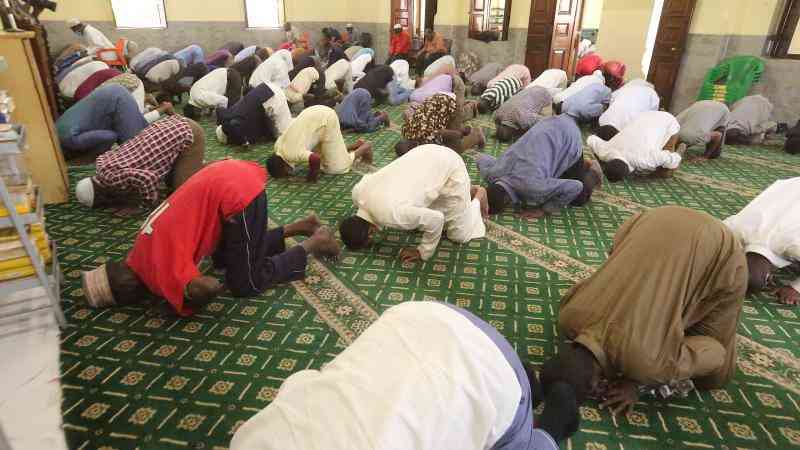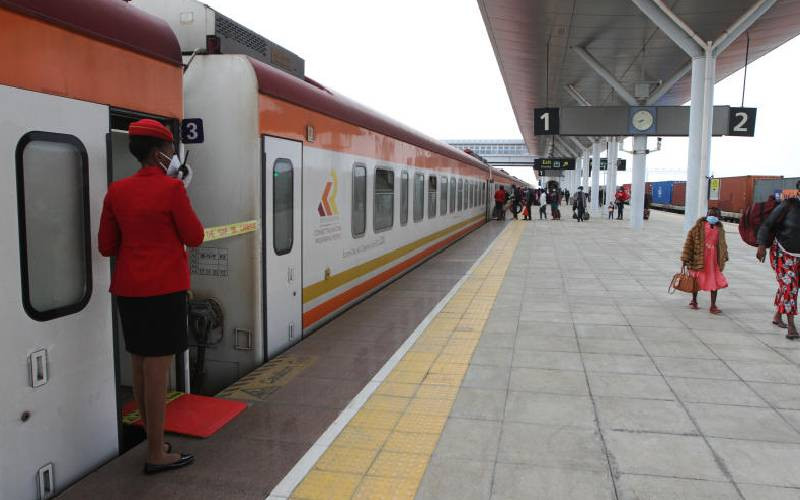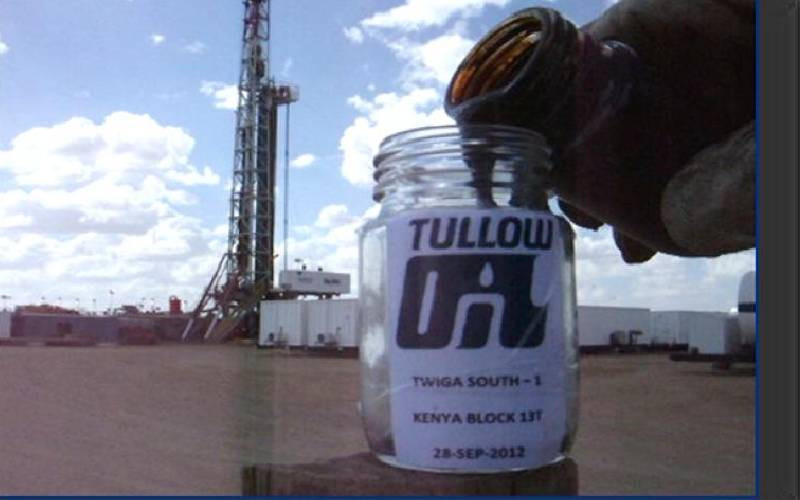×
The Standard e-Paper
Fearless, Trusted News

Ramadhan is the ninth month of the Islamic lunar calendar and is considered the holiest month for Muslims.
During this period, Muslims observe a period of fasting, prayer, and reflection from dawn to sunset.
Fasting is one of the five pillars of Islam.







